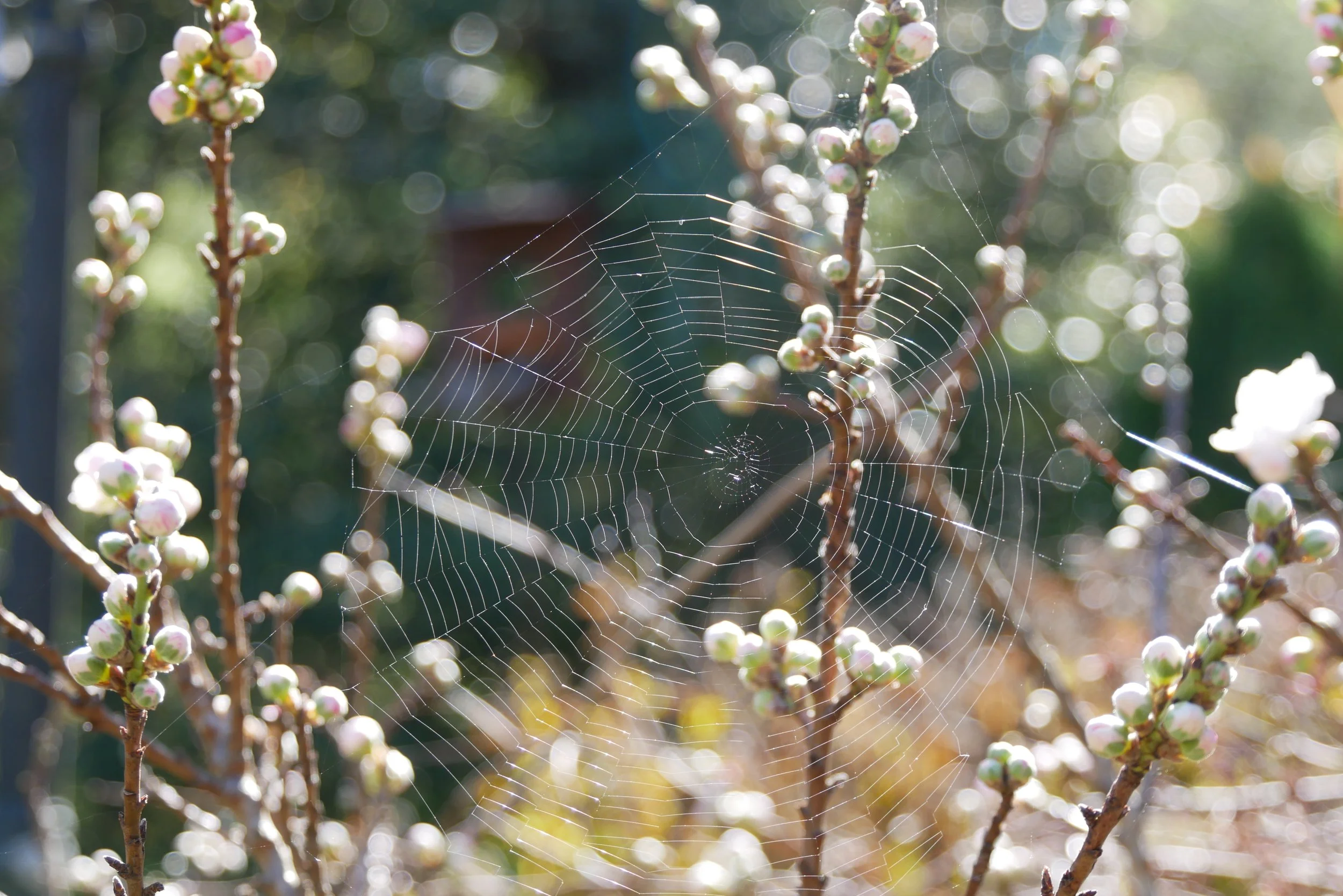What is depth psychology?
“Depth psychology is a psychology of the sacred, which gives birth to or allows for the re-birth of the human soul, and recognizes the depth of human experiences.”
Psyche was the ancient Greek word for soul. At the centre of the discipline of depth psychology lies the notion of the soul, which Sigmund Freud described as 'the fragile insubstantial essence of the self which needs to be approached gently and with love'. Although it is impossible to define precisely what the soul is, we know intuitively that it has to do with genuineness and depth (just think of soul music, soul friends, or soul-food!).
“You could not discover the limits of the soul, even if you travelled every road to do so, such is the depth of its meaning.”
Whereas mainstream approaches to psychology emphasise brain function and observable behaviour, depth psychology values the more intangible, spiritually important unconscious. Depth psychology tends to the soul, and to what lies below conscious awareness. It is a psychology of the sacred, which gives birth to or allows for the re-birth of the human soul, and recognizes the depth of human experiences. Based on the premise that there is a psychic reality beyond ego consciousness, depth psychology acknowledges the continuous interaction of conscious and unconscious influences on human behaviour.
Beneath our conscious experience is a personal unconscious, filled with thoughts, feelings, and memories of which we are usually unaware. At a deeper level lies what the Swiss psychologist CG Jung described as the collective unconscious – a field of fundamental possibilities inherited from the long history of experiences of the human species, which finds expression through various cultural and personal filters. Jung reintroduced the ancient idea of archetypes as structuring principles of the collective unconscious.
What are archetypes?
Archetypes may be described most simply as universal patterns of the psyche. The term comes from the Greek arkhétupon, meaning the original pattern or stamp from which copies are made.
Yet in truth, archetype defies simple definition. Jung spoke of the 'indefiniteness of the archetype, with its multiple meanings' and offered numerous thoughts about archetypes throughout his life. Among these he described archetypes as 'active living dispositions, ideas in the Platonic sense, that perform and continually influence our thoughts and feelings and actions' (CW 8: 154).
Sometimes envisaged as gods and goddesses, or by names such as Hero, Sage, Trickster, Great Mother, and Wounded Healer, archetypes are also described as 'partial personalities' appearing in myth, art, cinema, literature, and religion the world over, as well as in dreams, family roles, personal emotions and pathologies. Archetypes appear in the artefacts of culture and in the motifs of nature. Related to instincts, we encounter archetypes as well in the perspectives that rule our ideas and feelings about the world and about ourselves.
Most importantly, archetypes connect us with the power of imagination. According to archetypal psychologist James Hillman in Re-visioning Psychology, archetypes throw us into an imaginative style of discourse, leading us to envisage the nature of the soul and approach questions of psychology in an imaginative way. This creative imagination, which has been called 'the divine power in men', is not only the source of art and ingenuity, it is also a means of discovering deeper truths about our world.
Yet particularly when it comes to questions like 'what should I do with my life?' most people are at a loss about how to tap into this deeper wellspring of possibility. Canadian career counselor Dr Norm Amundson observed that most clients who come to career counselling feeling stuck are really dealing with a crisis of imagination.
An archetypal psychology approach, one which values the imagination and soul, can open the way to an authentic sense of one's vocation (from the Latin vocatus, meaning 'calling'). From an archetypal psychology perspective, vocation is both heard and expressed as the essential mystery at the heart of every life, its roots reaching beyond human intention or interpretation.
Drawing upon the rich traditions of depth and archetypal psychology, Life Artistry's seminars and courses have supported many people to celebrate their unique essence and educe their innate gifts, fostering an abiding sense of personal authenticity, meaningful work, and a more equitable and sustainable planet.
Join us for a transformative, therapeutic and educational experience which fosters a revitalising relationship with the mysteries of the psyche. From this place new possibilities emerge for meaningful work and life directions.
Please contact us or telephone (03) 9444 0570 for further information.





